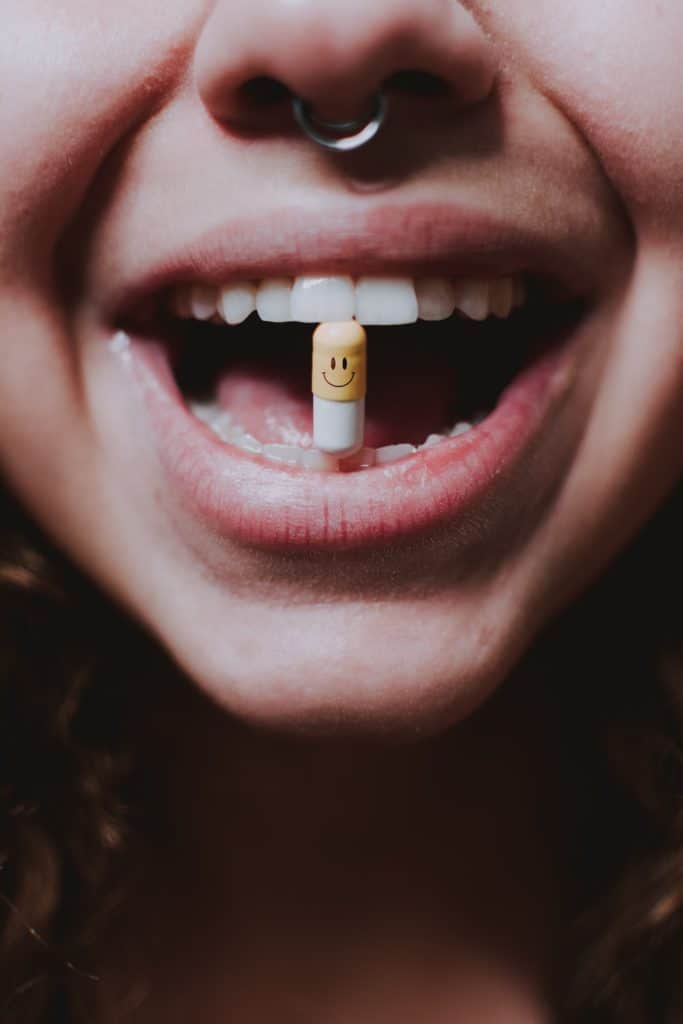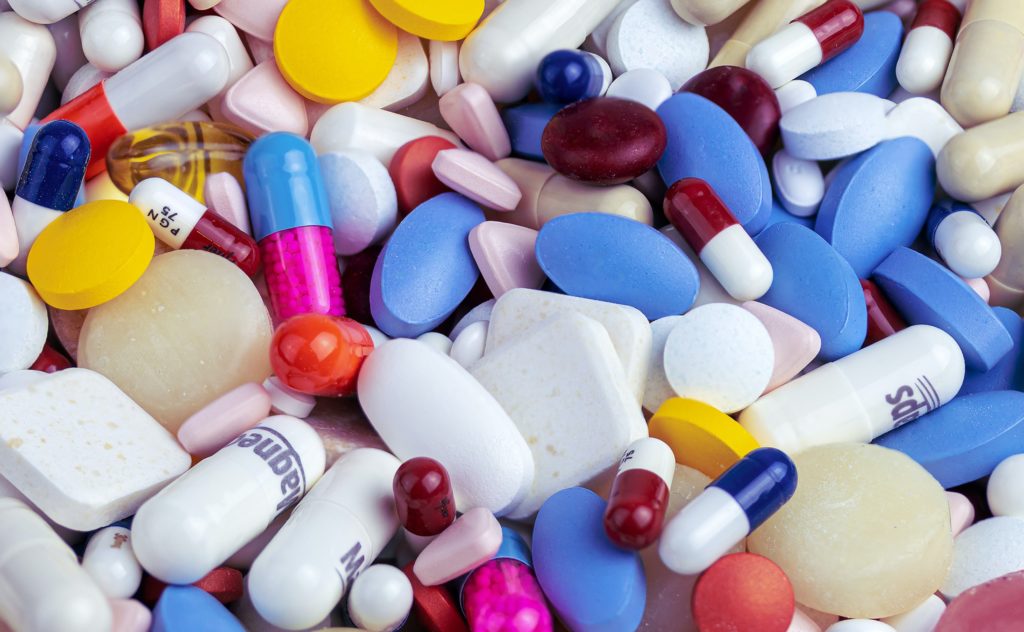What are Molly pills?
According to the National Institute on Drug Abuse, Methylenedioxy-methamphetamine (MDMA) commonly known as Molly or Molly pills, is a synthetic drug that alters mood and perception (awareness of surrounding objects and conditions). It is chemically similar to stimulants and hallucinogens, producing feelings of increased energy, pleasure, emotional warmth, and distorted sensory and time perception.
It was initially popular in the nightclub scene and at all-night dance parties (“raves”). But the drug now affects a broader range of people, commonly called Ecstasy or Molly Pills. Its chemical structure is similar to amphetamines, such as methamphetamine and a hallucinogen called mescaline. Mescaline is the active ingredient in the drug peyote.
The unique chemical structure of molly pills causes both hallucinogenic and stimulant effects, such as bursts of energy, changes to how time is perceived, and sensitivity to touch. Ecstasy and Molly come in pills, capsules, and powder. They’re well-known club drugs that are popular at music festivals. In 2016, an estimated 2.4 million people reported using ecstasy, according to the National Survey on Drug Use and Health published in September 2017.

How are Molly pills used?
People who use MDMA usually take it as a capsule or tablet, though some swallow it in liquid form or snort the powder. The popular nickname Molly pill (slang for “molecular”) often refers to the supposedly “pure” crystalline powder form of Methylenedioxy-methamphetamine, usually sold in capsules. However, people who purchase powder or capsules sold as Molly often actually get other drugs such as synthetic cathinones (“bath salts”) instead. Some people take Molly in combination with other drugs such as alcohol or marijuana.
Molly pills long-term Effects on the brain
Molly pills increase the activity of three brain chemicals:
- Dopamine: produces increased energy/activity and acts in the reward system to reinforce behaviors.
- Norepinephrine: increases heart rate and blood pressure, which are particularly risky for people with heart and blood vessel problems.
- Serotonin: affects mood, appetite, sleep, and other functions. It also triggers hormones that affect sexual arousal and trust. The release of large amounts of serotonin likely causes the emotional closeness, elevated mood, and empathy felt by those who use MDMA.
Other health effects include:
- Nausea
- Muscle cramping
- Involuntary teeth clenching
- Blurred vision
- Chills
- Sweating
Molly pills’ effects last about 3 to 6 hours, although many users take a second dose as the effects of the first dose begin to fade. Over the week following moderate use of the drug, a person may experience:
- Irritability
- Impulsiveness and aggression
- Depression
- Sleep problems
- Anxiety
- Memory and attention problems
- Decreased appetite
- Decreased interest in and pleasure from sex
Some of these effects may be due to the combined use of MDMA with other drugs, especially marijuana. High doses of Methylenedioxy-methamphetamine can affect the body’s ability to regulate temperature. This can lead to a spike in body temperature that can occasionally result in liver, kidney, or heart failure, or even death.
In addition, because Molly pills can promote trust and closeness, its use—especially combined with sildenafil (Viagra®)—may encourage unsafe sexual behavior. This increases people’s risk of contracting or transmitting HIV/AIDS or hepatitis.
Long-term effects of Molly pills
Because it enhances the release and activity of serotonin from certain neurons, molly pills are believed to deplete levels of serotonin throughout the brain. Because it plays an important role in pain, mood, sexual desire, and sleep, impaired serotonin neurotransmission can impart severe psychological after-effects and cognitive impairments for long periods even after use has ended.
Without proper functioning of the neurotransmitters, conditions such as depression, anxiety, and insomnia are more likely to occur and may persist for long periods. People who regularly use molly pills may suffer from enduring effects. Research shows that prolonged MDMA use can also lead to:
- Confusion
- Impaired ability to pay attention
- Increased impulsiveness
- Memory loss
- Lowered interest in sex
- Aggressive behavior
Are Molly Pills Addictive?
While the drug appears to have addictive properties, research hasn’t concluded how addictive molly pills are. However, it affects the same areas of the brain as other addictive drugs, according to NIDA. In addition, animal studies show that MDMA causes drug-seeking behavior, but animals seek it less often than they desire other addictive drugs. Some evidence indicates that Methylenedioxy-methamphetamine affects parts of the brain in charge of self-control, pleasure, and reward.
Unfortunately, researchers know little about how Molly affects the brain. As a result, their understanding of how other drugs lead to addiction is broader. On the other hand, people who use Molly have reported classic symptoms of addiction, including cravings, tolerance, and withdrawal symptoms, and some continue to use the drug despite negative consequences.

Molly Pills’ Overdose Symptoms
Overdosing on Molly is rarely deadly, according to the National Institute on Drug Abuse but it can cause serious health problems, including fever, liver damage, kidney problems, and cardiovascular failure. Other signs of an MDMA overdose include panic attacks, seizures, and faintness. In addition, mixing Molly with alcohol or other drugs increases the risks of severe side effects, such as a dangerous rise in body temperature.
Treatment for Molly pills Dependence and Addiction
Ecstasy is one of the less addictive stimulants and one of the more addictive hallucinogens. The number of people who listed ecstasy as their primary reason for going to rehab in 2015 was comparable to the number for all other hallucinogens combined, according to the 2005-2015 Treatment Episode Data Set by the Substance Abuse and Mental Health Services Administration—in contrast, more than 60 times as many people sought treatment for methamphetamine addiction than ecstasy addiction that year. No medications are available for the treatment of stimulant addiction. That is why NIDA recommends cognitive behavioral therapy and support groups for people struggling to quit Molly.

Reclaim Your life from Molly Pills Abuse
MDMA Addiction is a condition that can cause major health, social, and even economic problems that should not be taken lightly. We Level Up Treatment Center can provide you, or someone you love, the tools to recover from MDMA Addiction with professional and safe treatment. Feel free to call us to speak with one of our counselors. We can inform you about this condition by giving you relevant information. Our specialists know what you are going through. Please know that each call is private and confidential.
Sources
[1] National Institute of Drug Abuse – ‘MDMA (Ecstasy/Molly) DrugFacts’ | NIDA (drugabuse.gov)
[2] We Level Up Treatment Center – ‘What Is Molly Addiction’
[3] Substance Abuse and Mental Health Services Administration (www.samhsa.gov)